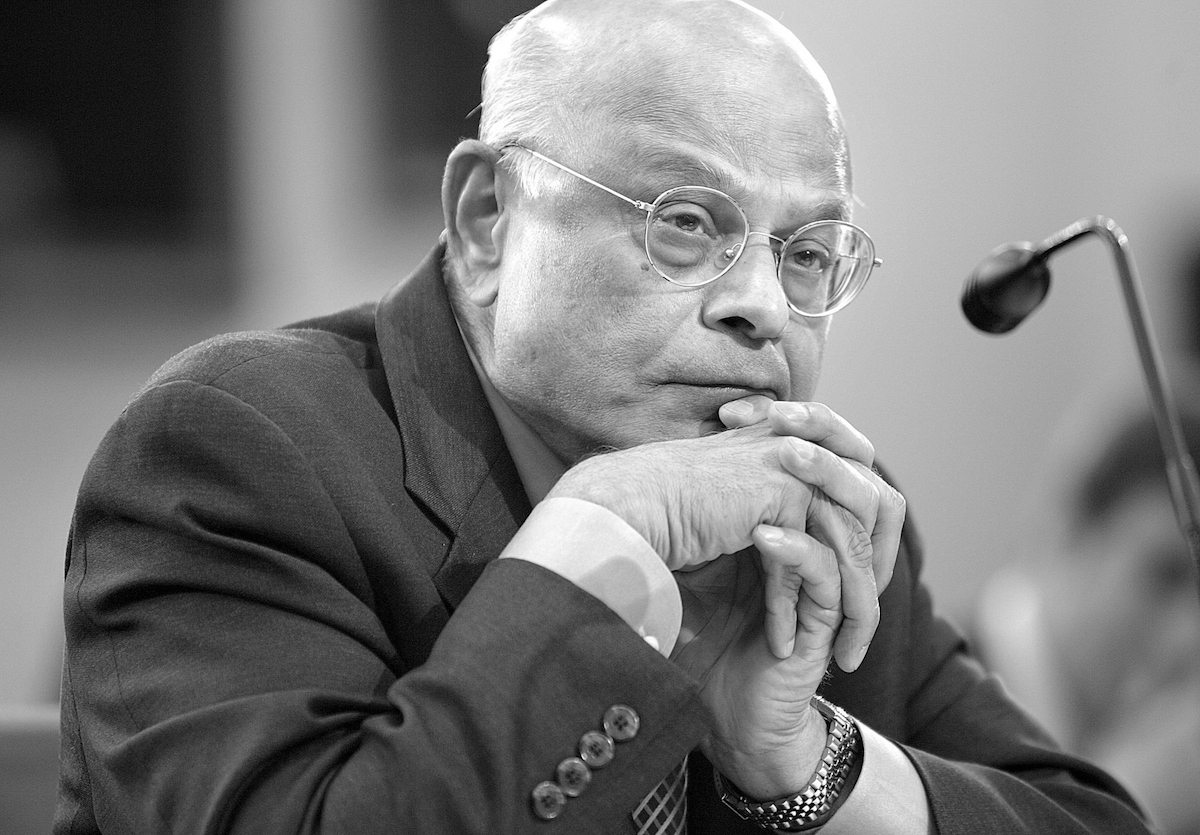My reason to write a review of this movie is that it has an interesting and not so talked about topic. I am happy to see that a sideline issue, which may not be of concern to many people, is being addressed in this film.
The unfair attitude towards differently born women athletes, who naturally have higher levels of testosterone (hyperandrogenism), is the premise of the film.
This real life problem for a few brilliant, hardworking, and great women athletes, due to no fault of their own, is thought provoking. The film is based on the real life story of Dutee Chand.
The much chewed and common topics of peer jealousy among athletes and corruption in selection of athletes in competitive athletics, are not new to the audience.
Backdrop and casting: Beautiful backdrop of Kachch Gujarat, and intentionally adding Supriya Pathak, famed due to her role in Kachch based RamLeela, gives a natural acceptance to the audience.
Also, few other well known Gujarati stage actors like Chirag Vora and Manoj Joshi are organically a good mix. This is thoughtful on the part of the casting director and gets a few extra brownie points. Having said about casting Gujarati actors, only a few occasional dialogues and uses of Gujarati/Kachchi words are not apt or not enough. In comparison with typical movies which are based on the backdrops of Bihar or Punjab, where the directors take a lot of freedom in using the local language amply to project the indigenous culture. Here, I felt that the director uses Gujarati and Kachchi languages seldom and that too with a fear. To put it more bluntly, I would say in Gujarati that, ડરતાં ડરતાં કચ્છી અને ગુજરાતી ભાષા નો ઉપયોગ કર્યો છે. જો વધુ કરી શકાયો હોત તો કલચરલ ફ્લેવર વધુ ઉપસી શકી હોત! Better use of Gujarati or Kachhi could have added a local cultural flavor. I consider this as a missed opportunity by the director Akarsh Khurana and the script writers, Lisha Bajaj, Kanika Dhillon, and Aniruddha Guha. Similarly, music director Amit Trivedi also failed as a music director to do justice to the cultural accent. An average, (ચીલાચાલુ) quality music. If Sanjay bhai Leela Bhansali (use of 'Bhai' is intentional!), who is not even a full time professional music director, could do great job as a music director giving required suitable music with local Gujarati flavor, why not Amit bhai Trivedi, whose full time profession is music! It is my opinion that currently popular music directors in Bollywood have lost certain uniqueness and identity. They all sound the same! (Pun intended). Frankly, lately, some originality is eagerly in waiting, which was found when ARR initially entered the music scene. Though socially and culturally Indian audience is tilting nationalistic, Bollywood music is bending its pitch towards the west.
The rest of the film does not have any salient points to mention. The court scene was at par with a typical good court scene. The reasons I watched through the whole film is that the underlying story itself has merit, and partly due to Tapsee Pannu's performance as Rashmi. Tapsee Pannu fully justifies the role of Rashmi with confidence as an actor. Her makeup artists and photography get credit too in portraying her well in her role. By taking a risk as an actress to be seen as less feminine and more muscular, she proves again and again of her versatility. This movie could have been made much better. An opportunity missed
I recommend this film with a 6/10 rating.
(10-17-2021) Review by Vijay Bhatt Oct 17, 2021.
e.mail : vijaybhatt01@gmail.com
![]()


 Professor Howard Spodek, the distinguished historian and a chronicler of Ahmedabad, has raised an interesting issue about the continuity of Hindu culture and religion in the United States. Recalling his after-school Hebrew school from second grade through the end of high school that instilled in him the essence of Judaism, asks: What do we “know about Indian cultural education, including school, camps, and temple (or mosque, or gurudwara) programs for first- and second-generation kids (also maybe for adults) coming from India?”
Professor Howard Spodek, the distinguished historian and a chronicler of Ahmedabad, has raised an interesting issue about the continuity of Hindu culture and religion in the United States. Recalling his after-school Hebrew school from second grade through the end of high school that instilled in him the essence of Judaism, asks: What do we “know about Indian cultural education, including school, camps, and temple (or mosque, or gurudwara) programs for first- and second-generation kids (also maybe for adults) coming from India?”